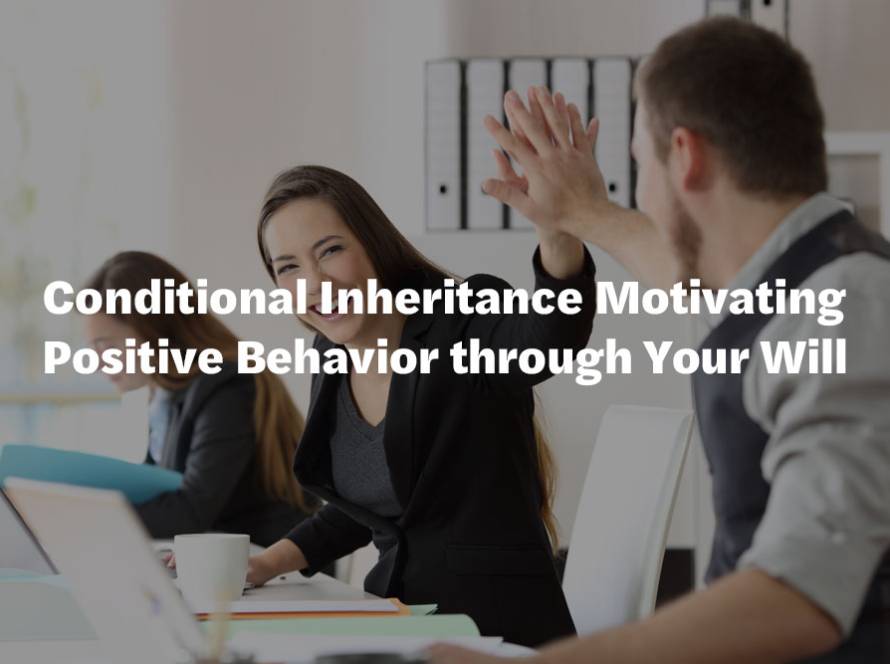For high-income individuals, estate planning transcends basic will drafting—it becomes a crucial tool for managing financial legacies and optimizing tax efficiency. With strategic planning, you can significantly reduce the tax burden on your estate, ensuring that more of your wealth is transferred to your heirs according to your wishes. Here are key strategies that individuals with substantial assets should consider to maximize tax efficiency through their estate planning.
Understanding the Tax Implications
Estate planning for high-income individuals involves navigating various taxes, including federal estate tax, state inheritance taxes, and income taxes on retirement accounts. The federal estate tax, for example, applies to estates exceeding certain thresholds, with rates that can significantly impact the amount left for your heirs.
Key Strategies for Tax Efficiency
- Lifetime Gift Strategies: One effective method to reduce your taxable estate is through lifetime gifting. The IRS allows individuals to give up to a certain amount per year per recipient without incurring gift tax. Over time, these gifts can significantly reduce the size of your estate and the subsequent tax liability.
- Utilization of Trusts: Trusts are an indispensable tool in estate planning for high-income individuals. By placing assets in a trust, you can control how and when your assets are distributed, while potentially reducing or eliminating estate taxes. Types of trusts to consider include:
- Irrevocable Life Insurance Trusts (ILITs): An ILIT can remove the proceeds of life insurance from your estate, thus reducing estate taxes.
- Grantor Retained Annuity Trusts (GRATs): GRATs allow you to transfer asset appreciation to your heirs, free of estate and gift taxes.
- Charitable Remainder Trusts (CRTs): These can provide an income stream and significant tax benefits, especially if you have highly appreciated assets.
- Family Limited Partnerships (FLPs): FLPs allow you to reduce taxes on estate transfers to family members. They provide a way to control family assets while distributing income among family members, which can lower the total tax burden.
- Optimal Use of the Annual Gift Tax Exclusion: Regularly using the annual gift tax exclusion can move substantial wealth out of your estate tax-free over time, reducing the size of your taxable estate.
- Charitable Giving: Large charitable contributions can reduce your taxable income and estate size while fulfilling philanthropic goals. Consider establishing a donor-advised fund or a private foundation to manage charitable giving.
Implementing the Strategies
- Collaborate with Professionals: Work with experienced estate planning attorneys and financial advisors. Specialists like those at Allenby Law can provide the expertise needed to navigate complex tax laws and implement effective strategies.
- Regular Reviews and Adjustments: Tax laws and personal circumstances change. Regularly review your estate plan in consultation with your attorney to adapt to changes in the law and shifts in your personal and financial situation.
- Educate Your Heirs: Ensure your heirs understand the strategies you’ve implemented. This knowledge can play a critical role in maintaining the tax benefits of the estate plan after your passing.
Maximizing tax efficiency in estate planning allows high-income individuals to preserve more wealth for their beneficiaries and support philanthropic causes effectively. At Allenby Law, we provide smart, strategic estate planning that simplifies complex issues and helps our clients achieve their financial and personal goals. Contact us to discuss how we can help you develop a tax-efficient estate plan that reflects your values and priorities.



